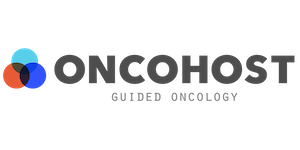Despite their serious side effects, millions of cancer patients will be treated with anti-cancer drugs to help save or prolong life. Although treatment benefit is achieved, eventually tumors relapse during or right after conventional therapies.
Our lab identified that host factors generated in response to therapy contribute to cancer fate. In a series of studies performed in the last decade we demonstrated that host response to almost any type of anti-cancer drug supports cancer cell aggressiveness, metastasis and resistant to therapy.
This has made a paradigm shift in understanding cancer fate in response to therapy. Based on the gained knowledge in this direction, we postulated that the individual cancer patient responds differently to the therapy by generating district host responses. Thus, we figured that using the host response profile can be a novel way to predict patients’ response to therapy. When oncology drugs become so expensive, and that some of them will benefit only a small proportion of patients, there is a clear unmet need to guide oncologists for precision medicine. Host response to therapy can therefore be used as a platform to benefit cancer patients.
Promoting a translational research laboratory, our findings have led to the founding of two biotech companies that exploit the host response to improve therapy in the clinic:

The company utilizes a novel therapy based on research at the Shaked lab to repair tissue and restore function of fibrotic disease, thus in fact leveraging host response as a first-of-its-kind treatment for pulmonary fibrosis. This company will initiate the first-in-human clinical study in 2024.




